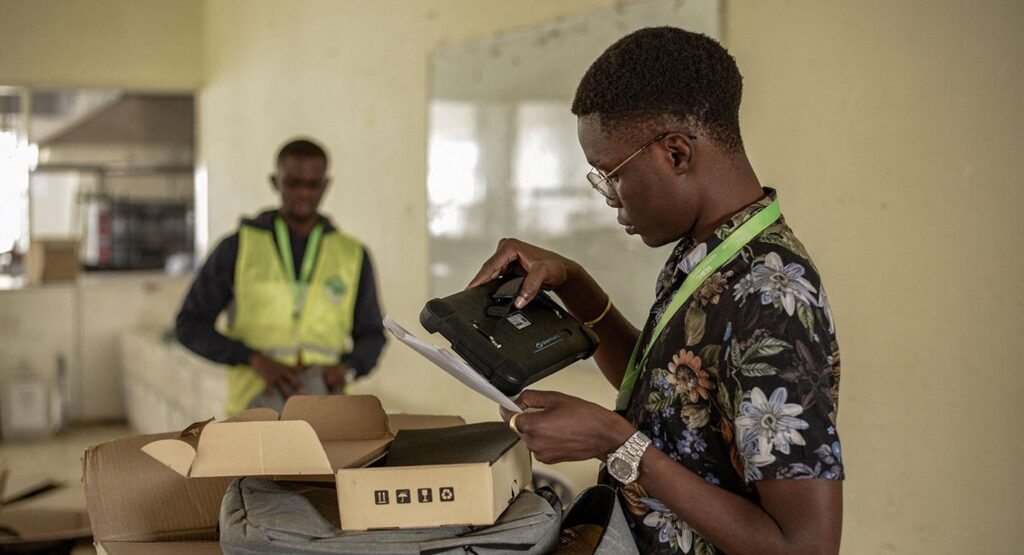
Napoleon Bonaparte, once the mighty emperor of France, ruled much of Europe with unmatched brilliance. Yet his empire crumbled not because he lacked vision, but because he drowned in pride. Convinced he was untouchable, he defied reason, invaded Russia, and was ultimately destroyed by his ego. The same principle applies today: “Pride goes before destruction, and a haughty spirit before a fall.” Proverbs 16:18.
Pride is political acid it corrodes credibility, dissolves empathy, and leaves behind only isolation. Leaders who once drew crowds will, in time, be met with cold silence at the ballot box. The social media outrage of today is the voter judgment of tomorrow. Leadership requires confidence, not conceit. Humility does not weaken authority; it strengthens it. A leader who greets a citizen with respect builds more legitimacy than one who shouts from a motorcade.
As 2027 approaches, every act of arrogance will be replayed online, every insult archived, and every abuse remembered. The digital generation forgets nothing. Kenya’s next political revolution will not come through protests, but through quiet ballots cast against pride. The message is simple: decency is not optional. Those who mistake power for privilege will soon learn that voters, not titles, determine authority. And when history rewrites this chapter, it will remind us that not every downfall begins on a battlefield. Some begin on the wrong side of the road.
Power tests a person more deeply than poverty ever will. It seduces even the well-intentioned into believing that authority is ownership, not stewardship. Across Kenya’s political landscape, the same tragedy keeps repeating itself leaders intoxicated by power, convinced that their title grants them immunity from basic decency. But in a democracy awakening to accountability, such pride is no longer just a moral flaw; it is a political risk. The recent viral video of a policy maker driving on the wrong side of the road, hurling insults at a citizen, is not an isolated embarrassment.
It is a metaphor for how far public office has drifted from public service. When those elected to lead treat the law as an inconvenience, they expose the rot of entitlement that has taken root in our politics. This is not about one reckless driver it is about a leadership culture allergic to humility. Kenyan voters are increasingly intolerant of arrogance. The days when charm on the campaign trail could erase misconduct in office are fading fast. In 2027, pride will not just stain reputations; it will end careers.
The electorate has evolved it now demands leaders who listen, not those who lecture; who serve, not those who command. Traffic Commander Fredrick Ochieng’ explained while speaking to Citizen TV, “If they happen to get that clip and the registration number of that vehicle, they will summon whoever was driving that vehicle at that particular time for questioning, and then action will be taken.” According to Police Spokesperson Nyaga Muchiri, only ambulances, fire brigades, the President’s and Deputy President’s convoys, and military vehicles on special duty are allowed to overtake or use the opposite lane.
Ochieng’ went on to clarify that “in fact, the diplomatic vehicle that was moving in the opposite direction wasn’t a diplomatic vehicle it was a car using a diplomatic number plate.” That revelation exposed a deeper irony: power pretending to be what it is not. The image of a fake diplomatic car forcing its way through ordinary citizens speaks louder than any speech about leadership. It is arrogance in motion a performance of privilege that fools no one.
